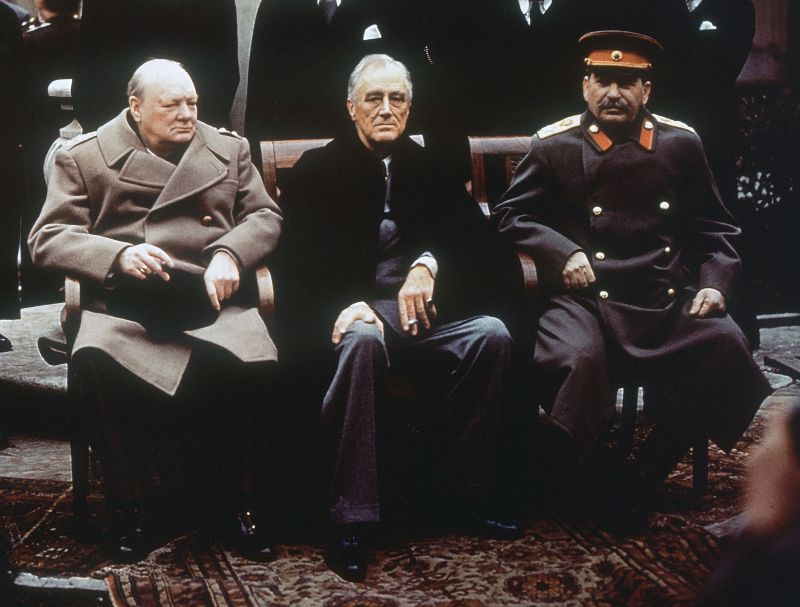Key Events in the Cold War Era
The end of World War II set the stage for the Cold War—an intense struggle between communism and capitalism that pitted East against West and brought the world to the brink of nuclear war.
Historical Background
The tension was at its height in the 1960s, a decade marked by pivotal events such as the Cuban missile crisis, the United States’ entry into the Vietnam War, and President John F. Kennedy’s attempt to overthrow Fidel Castro at the Bay of Pigs. However, this tense struggle concluded 30 years ago with the dissolution of the Soviet Union in December 1991.
Significant Cold War Events






Throughout the Cold War, multiple key events shaped both US and Soviet policies. The tension led to numerous confrontations and profoundly influenced international relations.

Conclusion
In summary, the Cold War was an era defined by ideological conflict, global tensions, and significant geopolitical strategies. The events of this time continue to resonate in today’s world, shedding light on the complexities of modern international relations.
For further research on this historical period, consider exploring external resources that delve deeper into the intricate details of the Cold War.




